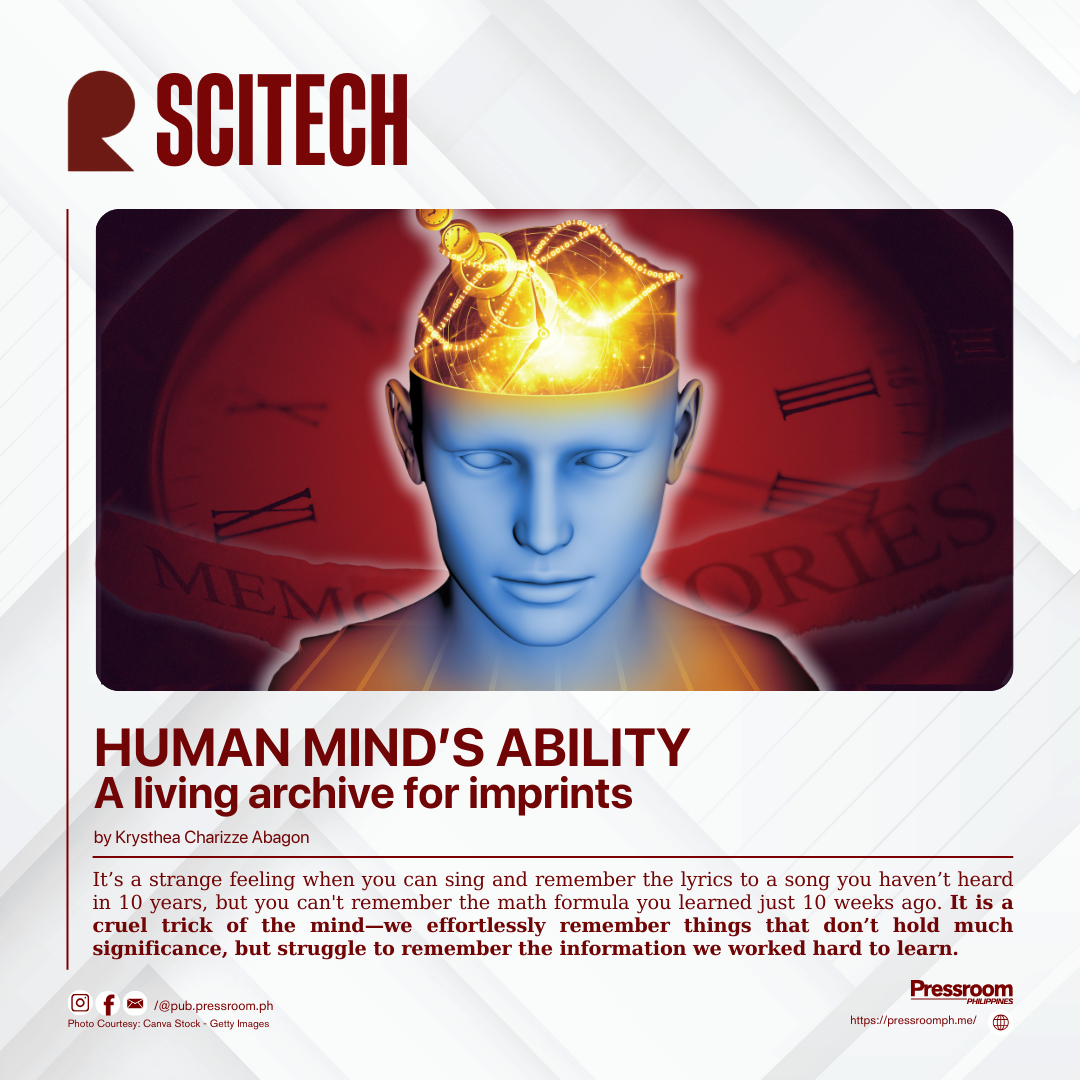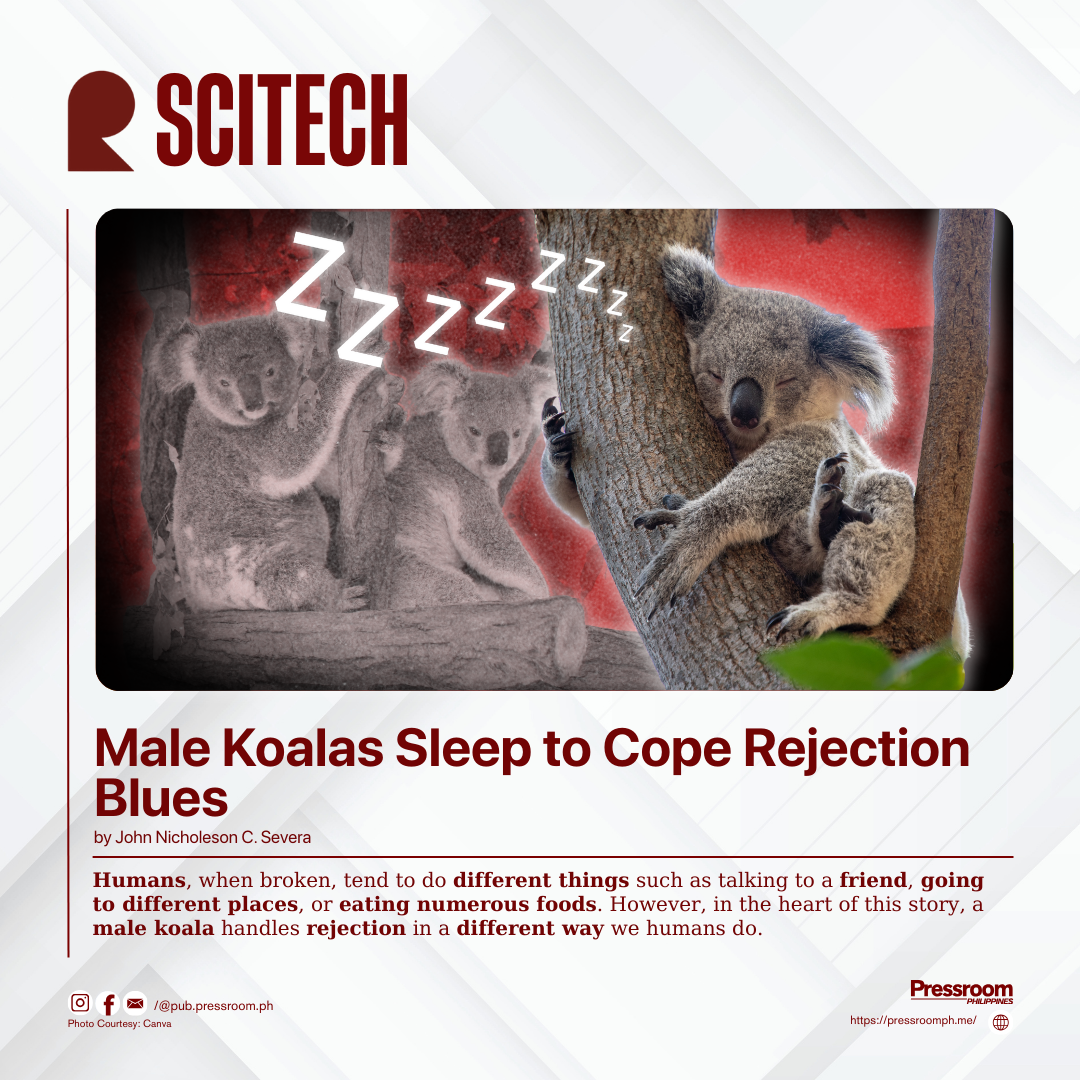It’s a strange feeling when you can sing and remember the lyrics to a song you haven’t heard in 10 years, but you can't remember the math formula you learned just 10 weeks ago. It is a cruel trick of the mind—we effortlessly remember things that don’t hold much significance, but struggle to remember the information we worked hard to learn.
But the truth is, while the heart may control our feelings, it is the brain that decides which memories get to stay and which fade. It is a testament to the powerful and often subconscious factors that make some memories unforgettable and others fleeting.
Do you get deja vu~
Memories are tied to strong emotions—whether joy, sadness, pain, surprise—they are more likely to be remembered.
When we experience something highly emotional, the brain’s limbic system, composed of the “memory center” (hippocampus) and the “emotion center” (amygdala), works its magic. The amygdala sends signals to the hippocampus, telling it that the event is emotionally important, making a stronger and more detailed memory.
Those unforgettable experiences, when processed by the brain, become an imprint associated with a stimulus such as a song. On the other hand, concepts such as academic information that don’t hold much emotional importance are harder to remember because they lack the emotional and sensory depth that ties these memories.
This explains why songs, heartbreaks, or once-in-a-lifetime moments stay, while something ordinary, like what you had for lunch last Tuesday, easily disappears.
It’s not the same as it was~
The power of a memory is not just the facts; it’s in the sensory details that bring it to life. This is the core of a phenomenon called “multi-sensory connection.”
When we experience something, our brains don’t just record one data, they capture a web of information from all our senses. A song, for instance, is not just words and a melody; it is the feeling of the beat, the specific sound of the singer’s voice, the smell of the air, and the picture around you when you first heard it.
The nostalgia of the memory is not just a time travel to the past; it is about the unique and irreplaceable sensory experience of time. A song lyric or the words in literature that invoke the senses, unlike a dry academic concept with a weak multi-sensory connection that is more likely to fade, is more likely to be deeply etched in our memory.
I keep coming back to you~
“Use it or lose it.”
The more we repeat information, the more it seeks habitat in the mind through a process called “memory consolidation.”
This is supported by long-term potentiation, a long-lasting increase in signal transmission between two neurons that occurs in repetitive cell signaling. That is why a song lyric sticks after hearing it many times. The brain strengthens the connection each time it is recalled, making it harder to forget.
Then, there’s active recall, which is simply forcing the mind to retrieve a piece of information from memory instead of just rereading. This is why academic concepts are better remembered through flashcards and practice quizzes.
But without this regular reinforcement, the opposite occurs, called “synaptic pruning.” As long as a memory is not being used enough, the brain assumes it is not important and prunes the connections, causing it to fade.
In the end, it is not always a matter of what you choose to remember, but rather a way of how the brain is designed to do so. The emotional and multi-sensory depth of a memory, its frequent repetition, and its meaningful context all work together to determine what sticks and what fades.
Just as the lyrics of a favorite song become a permanent part of your personal soundtrack, the memories you are least likely to forget are those that hold a significant place in the narrative of your life, proving that some things simply have a way of becoming unforgettable.






